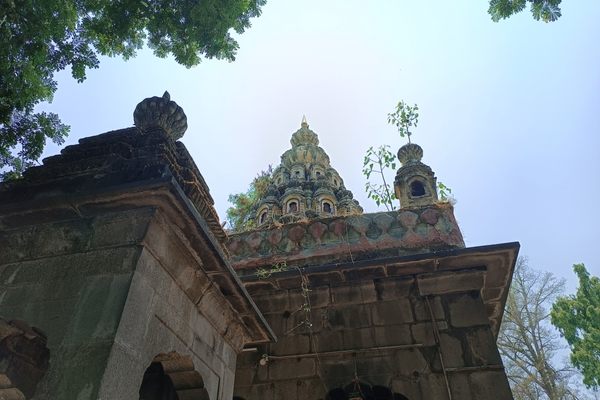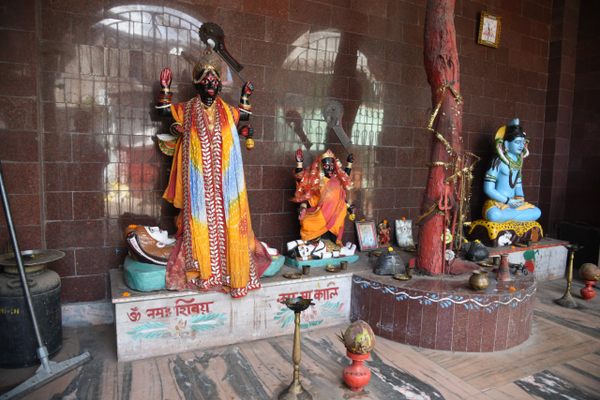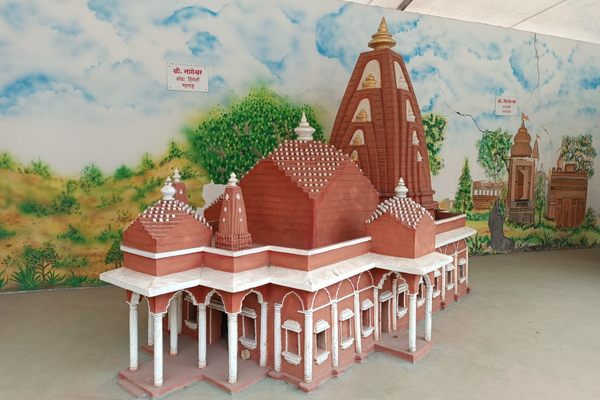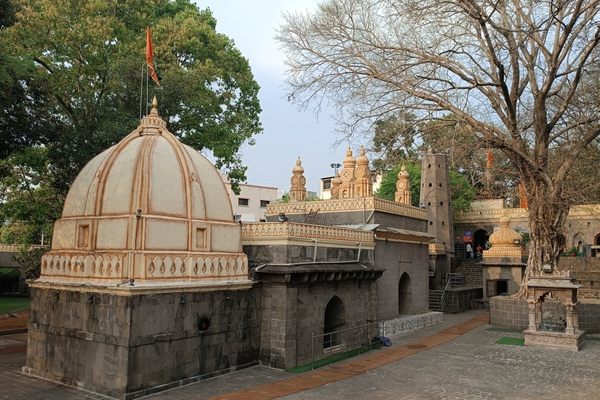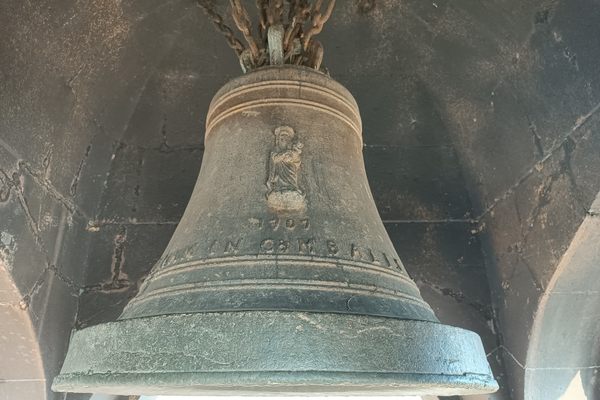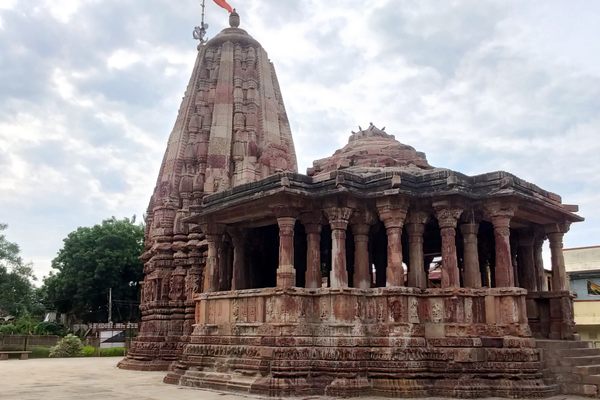About
Every year, thousands of pilgrims travel to a small temple in the Indian village of Chilkur to ask for United States visas.
In a shady courtyard, they circumambulate a shrine 11 times. Those who receive their visas come back and make 108 more circuits, marking each lap on a pink chit and leaving bundles of holy basil in front of the god’s image.
It’s not just visas: Visitors to Chilkur Balaji Temple—commonly known as "Visa Balaji Temple''—also ask for spouses, children, property, and even government postings. (According to a priest there, a minister came and made 108 grateful circuits shortly after getting his job.) But immigration documents have become the temple’s signature wish. Around the shrine to Balaji—an incarnation of the Hindu god Vishnu—tradition mixes with globalization, and the bureaucratic and the divine intersect.
At first glance, Chilkur is an unlikely place for a booming Vishnu shrine with a national reputation. It is an unremarkable agricultural village on the western edge of Hyderabad, a city with a significant Muslim minority. The area is better known for its mosques than its Hindu temples.
But Hyderabad is also an emerging hub of India’s tech industry. Dell, Microsoft, Apple, Google, and Amazon all have major offices there. Hyderabad is a college town, too, with a number of big engineering schools. A 2014 Brookings Institution report found that the city sends more people to study in the United States than Delhi and Mumbai combined, and more than almost any other city in the world.
In other words, it’s a hotbed of ambitious young people who may be looking for F-1 (student) and H-1B (skilled employment) visas to the United States. And there, right in the neighborhood, sits a temple with a reputation for granting wishes.
Related Tags
Delhi and Rajasthan: Colors of India
Discover Colorful Rajasthan: From Delhi to Jaipur and Beyond.
Book NowCommunity Contributors
Added By
Published
September 20, 2016





















